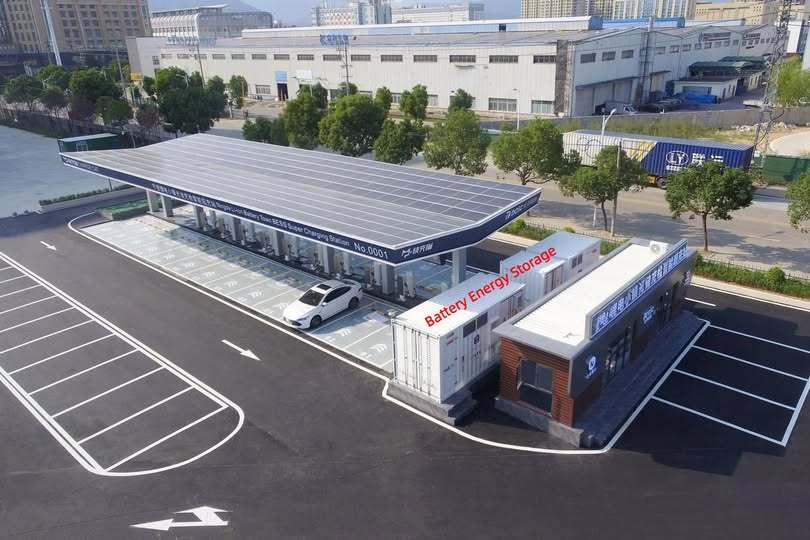消息
Why can liquid cooling technology become the mainstream temperature control solution for industrial and commercial energy storage systems?
Firstly, with the increasing trend of integration and high integration of industrial and commercial energy storage products, the core competitive factors are gradually shifting to higher life and longer cycles, and the requirements for battery temperature control levels are also increasing accordingly. Liquid cooling technology perfectly adapts to this highly integrated design with its high heat exchange coefficient and space-saving advantages.
Secondly, the continuous growth of the capacity of industrial and commercial energy storage monomer systems has brought about a significant increase in the heat of the system when it is working, further highlighting the importance of energy storage temperature control systems. Liquid cooling technology has become the best solution to this challenge due to its efficient heat dissipation performance.
Energy saving and high efficiency: Liquid cooling heat dissipation technology has shown significant energy-saving advantages due to its short heat dissipation path, high heat exchange efficiency, and superior refrigeration energy efficiency.
Efficient heat exchange: Through the precise control of CDU, low-temperature liquid can efficiently transfer cold to the inside of the battery cell equipment, thereby achieving rapid heat dissipation. This design not only improves the heat exchange efficiency of the energy storage system but also effectively reduces the system's self-consumption of electricity.
Excellent heat dissipation performance: The media commonly used in liquid cooling systems include deionized water, alcohol-based solutions, fluorocarbon working fluids, mineral oils, and silicone oils. The heat-carrying capacity, thermal conductivity, and enhanced convection heat transfer coefficient of these liquids are significantly better than those of air. Therefore, in terms of heat dissipation for battery cells, liquid cooling technology has shown excellent performance, which is better than air cooling technology.
In addition, liquid cooling technology can directly take away most of the heat of the equipment through the circulating medium, thereby greatly reducing the overall air supply requirements of the single board and the entire cabinet. In energy storage power stations with high battery energy density and large ambient temperature fluctuations, the close combination of coolant and battery makes the temperature control between each battery more balanced. At the same time, the high integration of the liquid cooling system and the battery pack further improves the cooling system's temperature control efficiency.
Feel free to send your inquiries to us and our team will help you with a professional battery energy storage solution that meets your needs.

太棒了!分享到:

